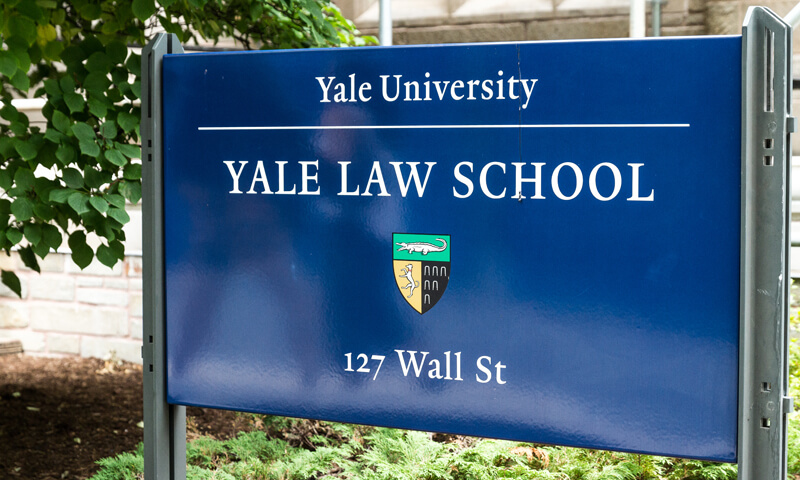
The U.S. Supreme Court has agreed to address a significant legal conflict among lower courts regarding the standards plaintiffs must meet to pursue claims against employee benefit plans accused of engaging in prohibited transactions. These cases often involve transactions between the benefit plans and third-party companies regulated under federal law. The court’s decision could clarify how strictly these claims should be evaluated under the law.
The Cornell University Case: Dismissal by the Lower Court
The Supreme Court will review a ruling from the 2nd U.S. Circuit Court of Appeals, which dismissed a class-action lawsuit involving 28,000 Cornell University employees. The plaintiffs accused the university’s retirement plans of paying excessive fees for recordkeeping services, violating the federal Employee Retirement Income Security Act of 1974 (ERISA). According to the plaintiffs, these fees were unnecessary and prohibited under ERISA’s regulations.
What is ERISA, and Why is it Relevant?
ERISA governs employer-sponsored retirement plans and prohibits certain transactions with third parties unless necessary for the plan’s operation and involves reasonable costs. The Cornell plaintiffs argue that the retirement plans’ fees were excessive and should have been barred under ERISA. However, the 2nd Circuit Court’s dismissal adds to the uncertainty surrounding the interpretation of the law.
Want to know if you’re earning what you deserve? Find out with LawCrossing’s salary surveys.
Split Among Federal Courts: A Key Issue for the Supreme Court
A central issue in the Cornell case is the differing interpretations of ERISA by federal appeals courts. Some courts, including the 2nd Circuit, have ruled that plaintiffs must prove that an employer engaged in a prohibited transaction with the intent to benefit a third party, such as a recordkeeper. In contrast, at least two other appeals courts have held that plaintiffs only need to allege the occurrence of a prohibited transaction to proceed with their claims.
Plaintiffs’ Argument to the Supreme Court
In their petition to the Supreme Court, the Cornell plaintiffs argued that the 2nd Circuit had wrongly placed the burden of proof on the plaintiffs to disprove any exemptions from liability. The plaintiffs assert that it should be the defendants’ responsibility to demonstrate that their actions were exempt under ERISA. The case could set an important precedent for similar lawsuits, including those involving excessive fees or mismanagement of retirement plans.
Broader Impact of the Case
This lawsuit is part of a larger wave of ERISA-related claims filed against universities and colleges, which began around 2016. These lawsuits accuse institutions of failing to properly oversee retirement plans, including not dropping underperforming investments or limiting fees. Similar cases have been settled by universities like Duke, Columbia, and the University of Southern California, with settlements reaching up to $13 million, though the universities denied any wrongdoing.
Previous Supreme Court Ruling on ERISA
In a related case in 2022, the Supreme Court ruled unanimously that offering a broad range of investment options in retirement plans does not protect employers from claims of imprudence, especially when certain investment options carry high fees. This decision, involving Northwestern University, underscores the court’s attention to how ERISA is applied in managing retirement benefits.
Looking Ahead
The case, Cunningham v. Cornell University, is now set for review by the U.S. Supreme Court (No. 23-1007). The outcome could bring much-needed clarity on the standards for evaluating prohibited transactions under ERISA. Attorneys representing the plaintiffs and Cornell will present their arguments, and the case is expected to have implications for future lawsuits involving retirement plan management.
This legal battle is part of the ongoing scrutiny over how retirement plans are administered, especially in educational institutions. A ruling by the Supreme Court could have a profound impact on employee benefit plan litigation and the financial responsibilities of universities and other large employers.
Don’t be a silent ninja! Let us know your thoughts in the comment section below.






































